#four devas
Explore tagged Tumblr posts
Text

Gundham… (what perfect timing)

#smooshednetwork#danganronpa#my art#fanart#danganronpa fanart#danganronpa 2 goodbye despair#tanaka gundham#gundham tanaka#sdr2 gundham#danganronpa gundham#four dark devas of destruction
265 notes
·
View notes
Text
Daily Danganronpa Fun Fact #305
Gundham’s favorite food is pumpkin. He eats the pulp and gives the seeds to the Four Dark Devas of Destruction.
Happy Halloween!

Home | Previous Fact | Next Fact
272 notes
·
View notes
Text

Look I know logically what would have happened to the Devas after Gundham fell to despair, but I think it’s way funnier if they just also became evil right along side him lol
#gang of attack hampsters#they ride his snake into battle#hopefully it’s not too obvious that drawing animals is not my forte lol#danganronpa#remnants of despair#sdr2#gundham tanaka#four dark devas of destruction#remnant Gundham#despair gundham#despair arc#despair era#danganronpa sdr2
166 notes
·
View notes
Text

#sdr2#super danganronpa 2#danganronpa v2 goodbye despair#Danganronpa#stuff i made#sonia nevermind#gundham tanaka#<he's there in spirit#four dark devas of destruction#sondam
127 notes
·
View notes
Text


The Four Dark Devas of Destruction!
..And whoever that guy is
#danganronpa#art#fanart#danganronpa 2#sdr2#super danganronpa goodbye despair#dr#goodbye despair#sdr2 gundham#tanaka gundham#gundham tanaka#danganronpa gundham#four dark devas of destruction#San-D#Jum-P#Cham-P#Maga-Z#Was gonna try to make it into a GIF but I couldn't do it
70 notes
·
View notes
Text
more











there are many problems with my body and brain right now so if any unhinged things get posted blame The Corner Man wwwwwwwwww
#we got sued#non-despair au where the future foundation exists as some morally grey questionable company#akane owari#byakuya twogami#ultimate imposter#mahiru koizumi#sonia nevermind#hajime hinata#chiaki namani#usami#yasuhiro hagakure#gundham tanaka#four dark devas of destruction#grand bois chéri ludenberg#love that fuckass cat#mikan tsumiki#junko enoshima#ryota mitarai#ibuki mioda#teruteru hanamura#kyosuke munakata#makoto naegi#danganronpa#danganronpa 3#danron#danganronpa memes#danganronpa textposts#shitpost (complementary)
209 notes
·
View notes
Text

how to bond with a dark deva
donation doodle for Lyre on Ko-fi! thank you! (all donors over $5 get a Silly Dangan Doodle of their choice.)
103 notes
·
View notes
Text

Your honor they’re boyfriends
#danganronpa 2#danganronpa 2 fanart#tanaka gundham#the danganronpa brainrot has taken over#four dark devas of destruction#gundham tanaka#danganronpa fanart#sdr2 gundham#danganronpa 2 anniversary#kazuichi soda#danganronpa kazuichi#kazuichi souda#soudam fanart#soudam
91 notes
·
View notes
Text

🎃Happy Halloween 🎃
Made this as a gift for the recent @shsl-islandmode-events gift exchange :3
Hope everyone has a SPooOOoOOky day!!
#art#digital art#danganronpa#danganronpa goodbye despair#danganronpa 2#gundham tanaka#four dark devas of destruction#dark devas#the wizard of oz#i was gonna make gundham the wizard at first#but it felt like it would be too hard to portray with how much is showing
94 notes
·
View notes
Text
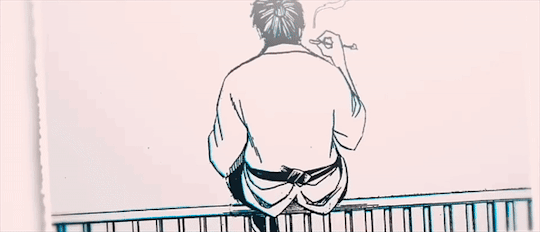
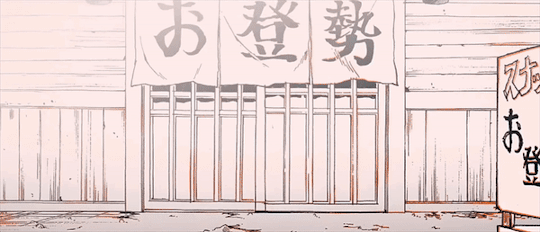
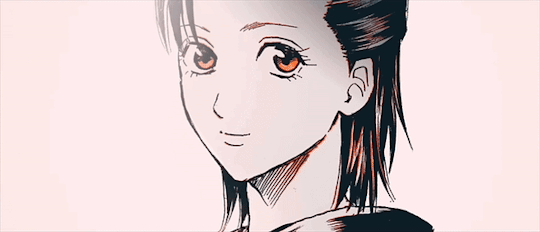
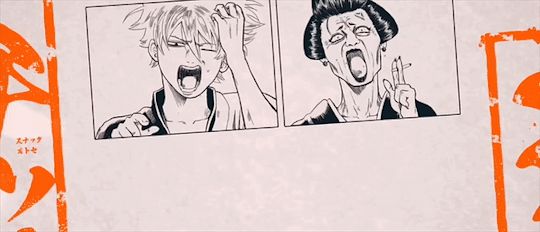
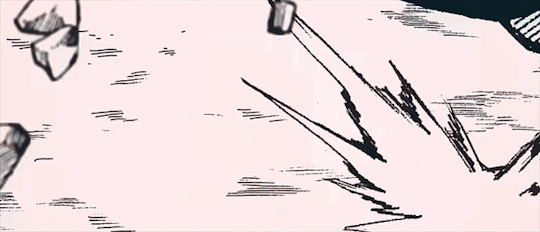
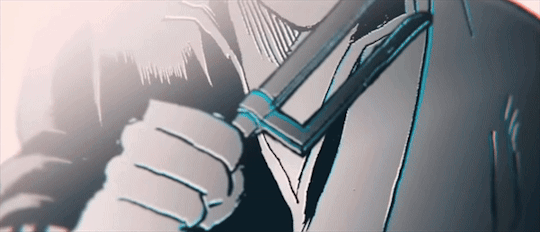
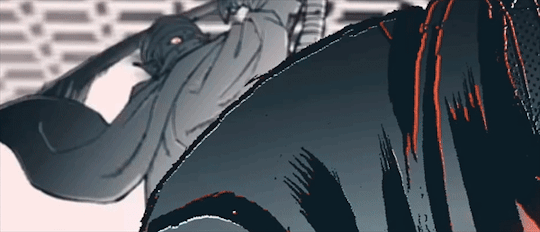
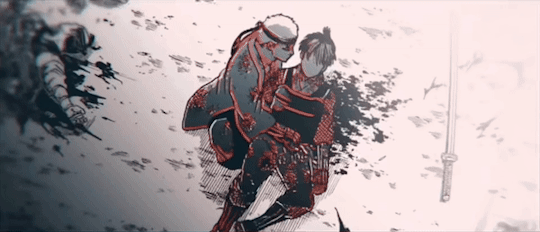
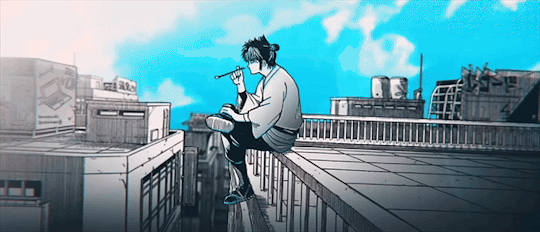
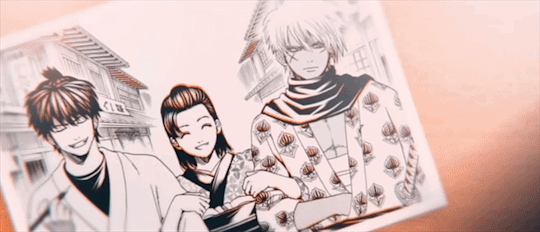
JUMP MV: Gintama × serial TV drama (Togenyo Alien)
#FOUR DEVAS ARC BELOVEEEED#OTOSE FAMILY !!!!!#i love these jump mvs so much#this arc gave us one of the best op and ed songs :')#gintama#sakata gintoki#yorozuya#otose#jirochou#jirocho#gintamaedit#bluee#tw flashing
80 notes
·
View notes
Text

#danganronpa 2#sdr2#super danganronpa 2 good bye despair#sonia nevermind#gundham tanaka#sondam#sondham#sonia x gundham#kazuichi soda#sonia danganronpa#danganronpa gundham#four dark devas of destruction
98 notes
·
View notes
Text
Sprite Names: Gundham Tanaka
The translated English and original Japanese names of Gundham's 22 SDR2 sprites (provided via artbook). The names of the sprites are ABOVE them, not below.

1. Normal / 通常
2. Loud Laughter / 高笑い
3. Cold Sweat / 冷や汗

4. Thinking / 思考
5. Kehehe / ククク
6. Indifferent / 無関心

7. Confusion / 困惑
8. Surprise / 驚き
9. Threaten / 威嚇

10. Overlord / 覇王
11. Overlord (Serious) / 覇王 (真剣)
12. Glare / 睨み

13. Embarrassed / 照れ
14. Recklessness / 暴走
15. Frustrated / 悔しい

16. Hamster (Concern) / ハムスター (心配)
17. Hamster (Kehehe) / ハムスター (ククク)
18. Hamster (Thinking) / ハムスター (思考)

19. Hamster (Speaking To) / ハムスター (語りかけ)
20. Hamster (Loud Laughter) / ハムスター (高笑い)
21. Hamster (Trembling) / ハムスター (おののく)

22. Hamster (Overlord) / ハムスター (覇王)

48 notes
·
View notes
Text
Soudam Week 2024 is a go!

Day 1: Summer/Beach/Swimming
as always, be sure to tag this account in your submission (as well as using the hashtag #soudam week 2024) so we have the best chance of seeing it
and late/r submissions are a-okay too! I'll be sure to reblog posts after the week is over as well.
Enjoy!
#kazuichi souda#gundham tanaka#soudam week 2024#soudam week#soudham#soudam#kazuichi soda#four dark devas
102 notes
·
View notes
Text
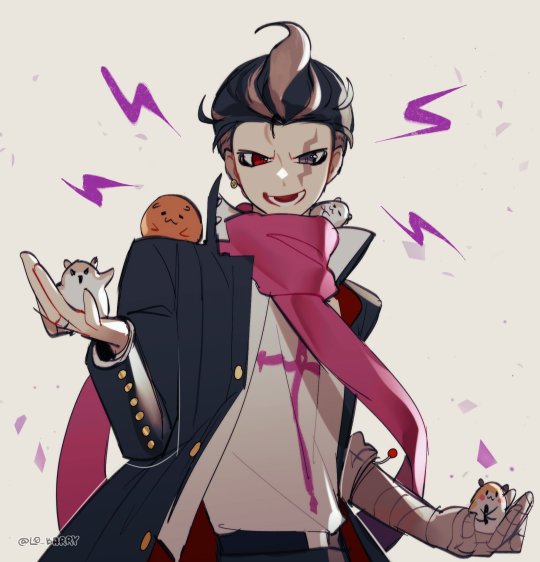
Gundham Tanaka Supreme Overlord of Ice.
Art done by the fun and talented @l0-barry.
#danganronpa#gundham tanaka#art#art for me#gundam tanaka#danganronpa 2#sdr2#four dark devas of destruction
453 notes
·
View notes
